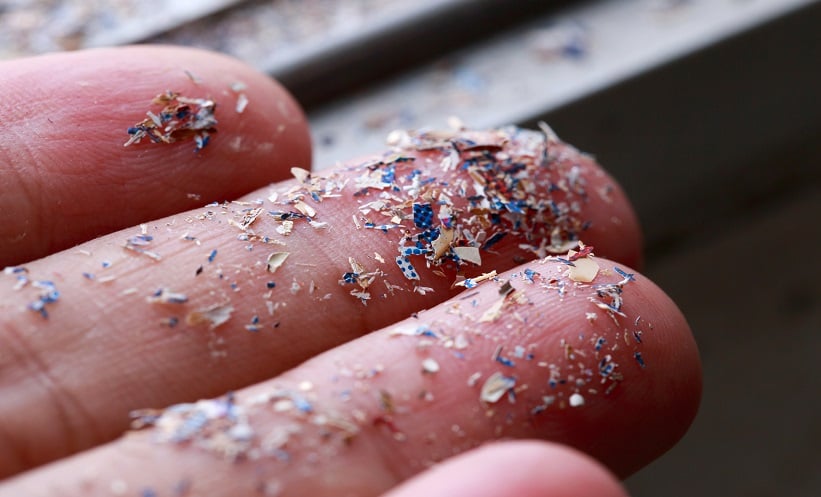BY DEFINITION, microplastics are pieces of plastic that are less than 5 mm long, commonly made by the breakdown of plastic products. Increasing research over the years has pointed to the impact of micro- and nanoplastics on the human microbiome, immunity, and endocrinal homeostasis.
Raffaele Marfella, Department of Advanced of Medical and Surgical Sciences. University of Campania Luigi Vanvitelli, Caserta, Italy, and colleagues, specifically investigated the effect of microplastics on heart health, hypothesising that they act as a blockage in arteries.
In total, 304 people were selected, all of whom had undergone a carotid endarterectomy for asymptomatic carotid artery disease. The researchers examined the removed plaque for presence of microplastics. Polyethylene, the most commonly produced plastic, was detected in 60% of participants, and polyvinyl chloride, another common synthetic plastic, was identified in 12% of plaques.
Researchers followed 257 of the participants for up to 34 months, with the conclusion of a 4.5-fold increase in risk of heart attack, stroke, or death compared to those that did not have plaques removed. From these revelations, the researchers urged that greater awareness should be made to governments and the general public of the harmful effects of plastic contamination.
“I hope that the alarm message from our study will raise the consciousness of citizens, especially governments, to finally become aware of the importance of the health of our planet. To put it in a slogan that can unite the need for health for humans and the planet, plastic-free is healthy for the heart and the earth,” Marfella commented.








